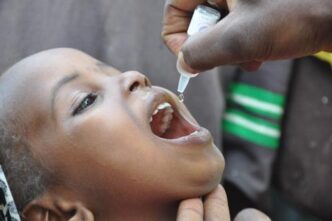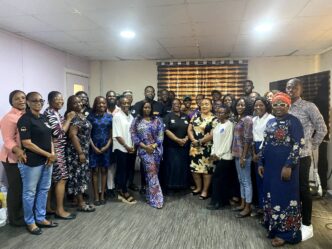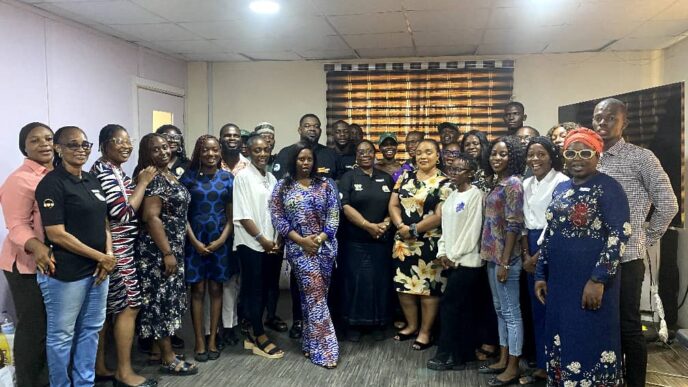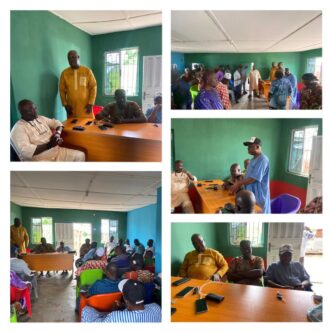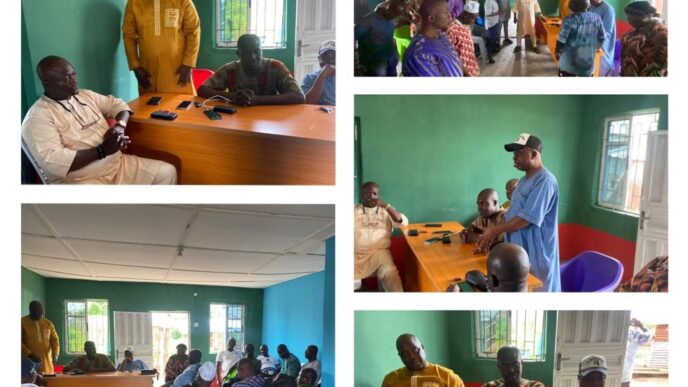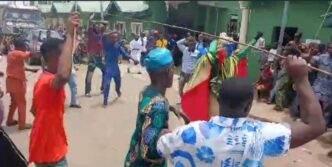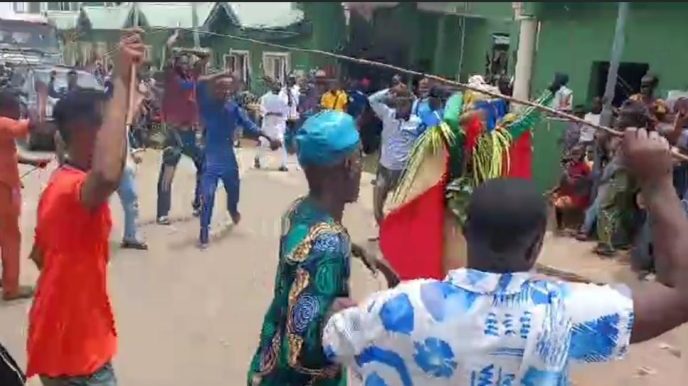No fewer than 432 candidates will contest the All Progressives Congress (APC) chairmanship primaries in Lagos State, following the party’s official screening and clearance process ahead of the July 12, 2025 local government elections.
EpeInsights reports that the aspirants, drawn from all 20 Local Government Areas and 37 Local Council Development Areas (LCDAs), were selected out of 470 who presented themselves for screening at the party’s secretariat in Acme, Ikeja between April 29 and May 3.
A total of 38 aspirants were either disqualified or voluntarily withdrew—primarily due to documentation issues such as invalid voter cards, missing APC membership, or certificate discrepancies.
The primaries, scheduled for May 10, will adopt an indirect delegate system, with local party executives casting votes. This high number of aspirants signals a robust level of political engagement and ambition within the APC, especially at the grassroots level.
Among those cleared, 59 are women, reflecting the party’s push for gender inclusion and broader participation in local governance.
The large field also highlights internal competitiveness within the APC and sets the stage for what is expected to be a closely watched and potentially decisive round of primaries.
In Ojokoro LCDA, political stakeholders have endorsed Mobolaji Sanusi as a consensus candidate, with a coalition of apex leaders submitting a formal list of support to the state party leadership.
This development underscores the strategic alliances shaping the race ahead of the July elections.
Appeals from disqualified aspirants will be accepted on May 4 and 5, while complaints following the primaries can be filed between May 12 and 13.
Reacting to the outcome of the exercise, the chairman of the APC Electoral Committee, Babatunde Ogala, described the screening process as “thorough, rigorous, and demanding,” noting that it was designed to ensure only credible and capable individuals made it through.
He expressed confidence in the caliber of those cleared, stating that each aspirant has the potential to deliver effective and responsive governance at the grassroots level if elected.
Providing a gender breakdown, Ogala revealed that out of the 470 aspirants screened, 411 were male and 59 female, a development he said reflects the party’s commitment to gender inclusivity and the growing participation of women in local politics.

